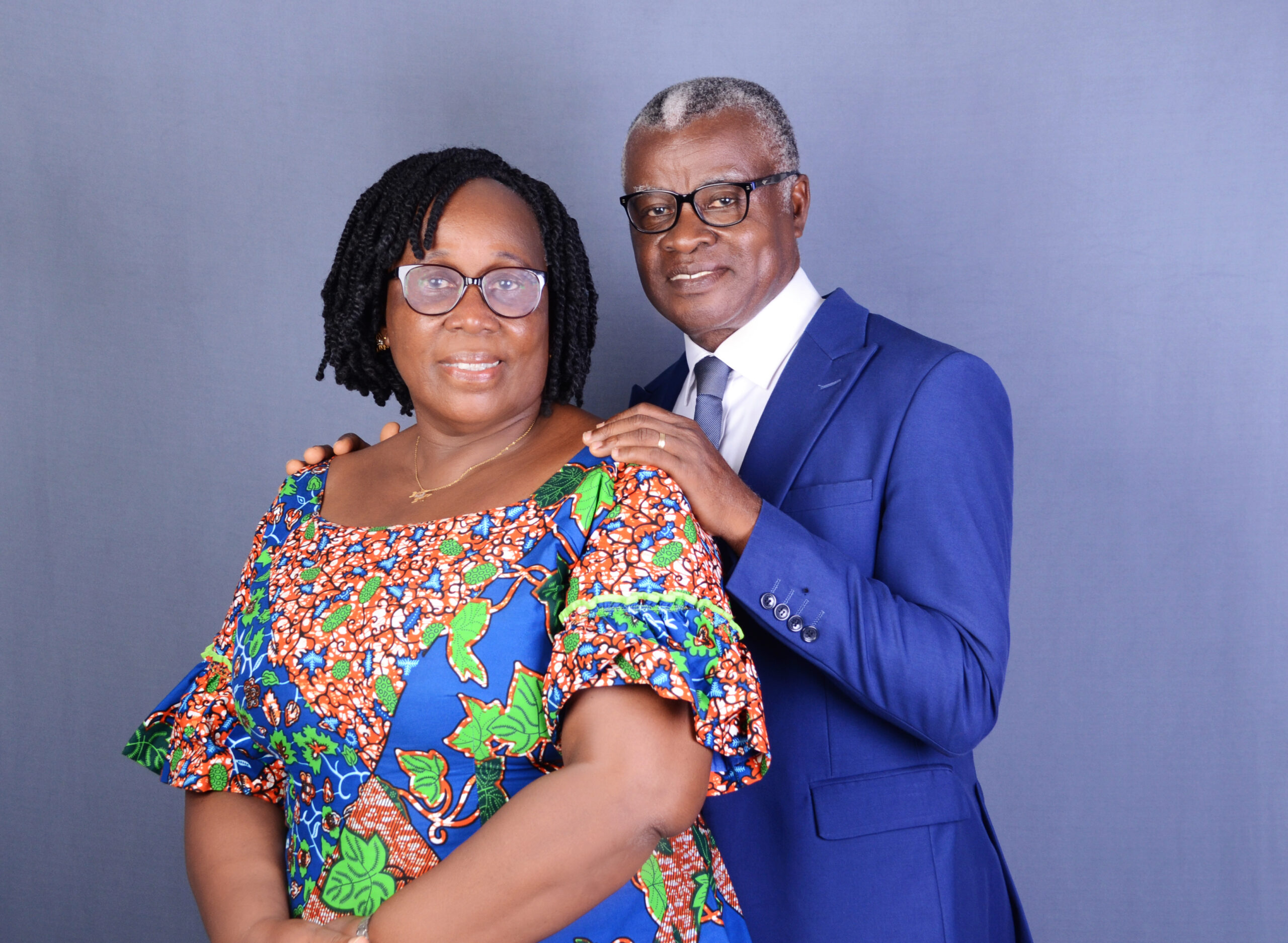About The Missionary
Rev. Alfred Ofosu-Asante (who usually goes by the name “Pastor Asante”) came to know Christ as his personal Savior on October 8, 1977. He completed four years of theological studies under Baptist Mid-Missions at Baptist Bible Institute, Wa, Ghana in 1985. He became pastor of Ebenezer Baptist Church the same year he completed his theological studies.
On April 11, 1987, Pastor Asante married his wife, Anna, and the Lord has blessed them with two children – Isaac and Dorcas. Pastor Asante continued his education, completing both a Bachelor’s degree and a Master’s degree at the University of Ghana. In 2007, he was awarded an Honorary Doctor of Divinity degree by the South India Baptist Bible College and Seminary in India. He also received his Doctor of Ministry degree in 2016. He is a very humble and effective servant of the Lord in Ghana.
Latest Prayer Letter
Project Giving Opportunities
Ebenezer Baptist Church Expansion
- Need: $35,000 - Raised: $10,676Updates From The Field
Sorry, there are no updates at this time.
About The Field:
Ghana, located in West Africa, grapples with a range of economic dynamics and social challenges that impact its populace.
Economically, Ghana has seen growth in sectors like agriculture (cocoa, gold, and oil), services, and manufacturing. However, the country faces challenges such as over-reliance on few key commodities, vulnerability to fluctuations in commodity prices, and issues related to fiscal management and public debt.
Social challenges in Ghana encompass various aspects. Access to quality education remains a concern, with disparities in educational infrastructure and resources between urban and rural areas. Healthcare accessibility and affordability also pose challenges, leading to disparities in health outcomes, particularly in underserved regions.
Poverty affects a significant portion of Ghana’s population, contributing to income inequality and impacting living standards for many Ghanaians, especially in rural communities.
Environmental sustainability is a growing concern, with challenges related to deforestation, land degradation, and pollution, impacting ecosystems and livelihoods.
Issues related to governance, corruption, and political stability also influence Ghana’s social landscape, affecting public trust and confidence in institutions.
Ethnic diversity and occasional tensions between ethnic groups contribute to social complexities, albeit Ghana’s relatively stable democratic governance in the region.
Balancing economic growth with social development remains a challenge for Ghana as it navigates these multifaceted issues, striving for inclusive growth and sustainable development for its diverse population.
